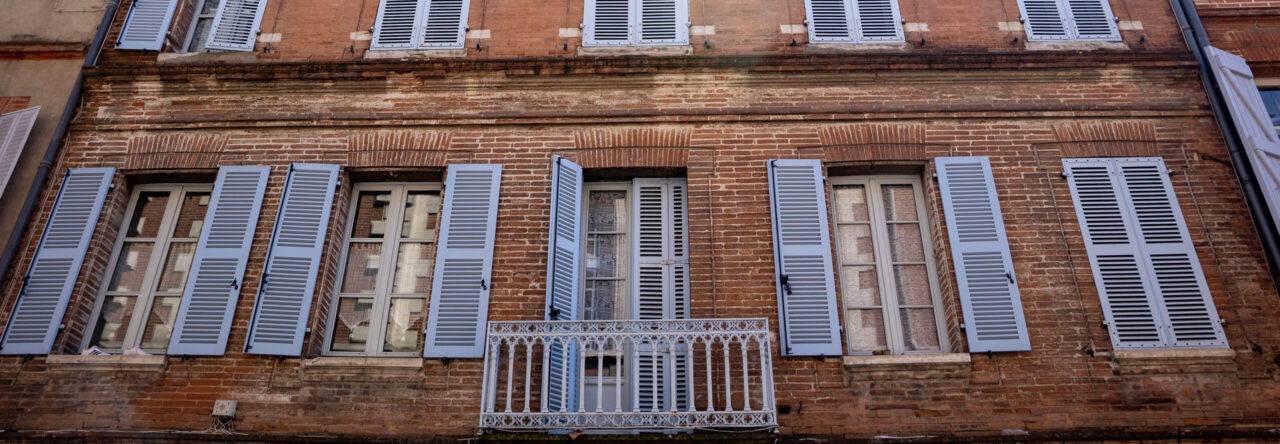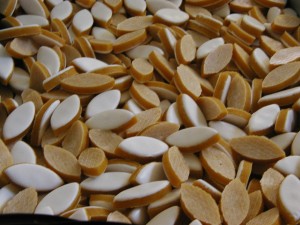It is impossible to talk about French desserts without referencing Marcel Proust. Just thinking about our visit to the Léonard Parli calisson factory in Aix-en-Provence is enough to remind me of madeleines and memories. To summarize this revolutionary and infrequently punctuated section of Remembrance of Things Passed, Proust stumbles upon the link between everyday experiences and memory after taking a bite of a madeleine dipped in tea. This famous eureka moment inspired him to question why the past is hidden in the most innocuous of things, waiting to leap out, unbidden, from the smell of the ocean or the scrap of a forgotten melody.
Of course, Proust explains it best: “But when from a long-distant past nothing subsists, after the people are dead, after the things are broken and scattered, taste and smell alone, more fragile but more enduring, more unsubstantial, more persistent, more faithful, remain poised a long time, like souls, remembering, waiting, hoping, amid the ruins of all the rest, and bear unflinchingly, in the tiny and almost impalpable drop of their essence, the vast structure of recollection.”
I like to think of these small, powerful bits of sensory detritus that we encounter on a daily basis as unexpected yet welcome visitors, magi if you will, bearing gifts of memory. In spite of all of the time that has passed, the sound of someone shuffling a deck of cards makes me think of playing “War” with my great-grandmother. The smell of fresh basil brings me back home to Sunday afternoons spent watching my dad make meatballs and gravy. And now, the taste of calissons reminds me of the magic of Provence and the experience of studying abroad as a whole. Proust can keep his madeleines—pass me another calisson, please.

